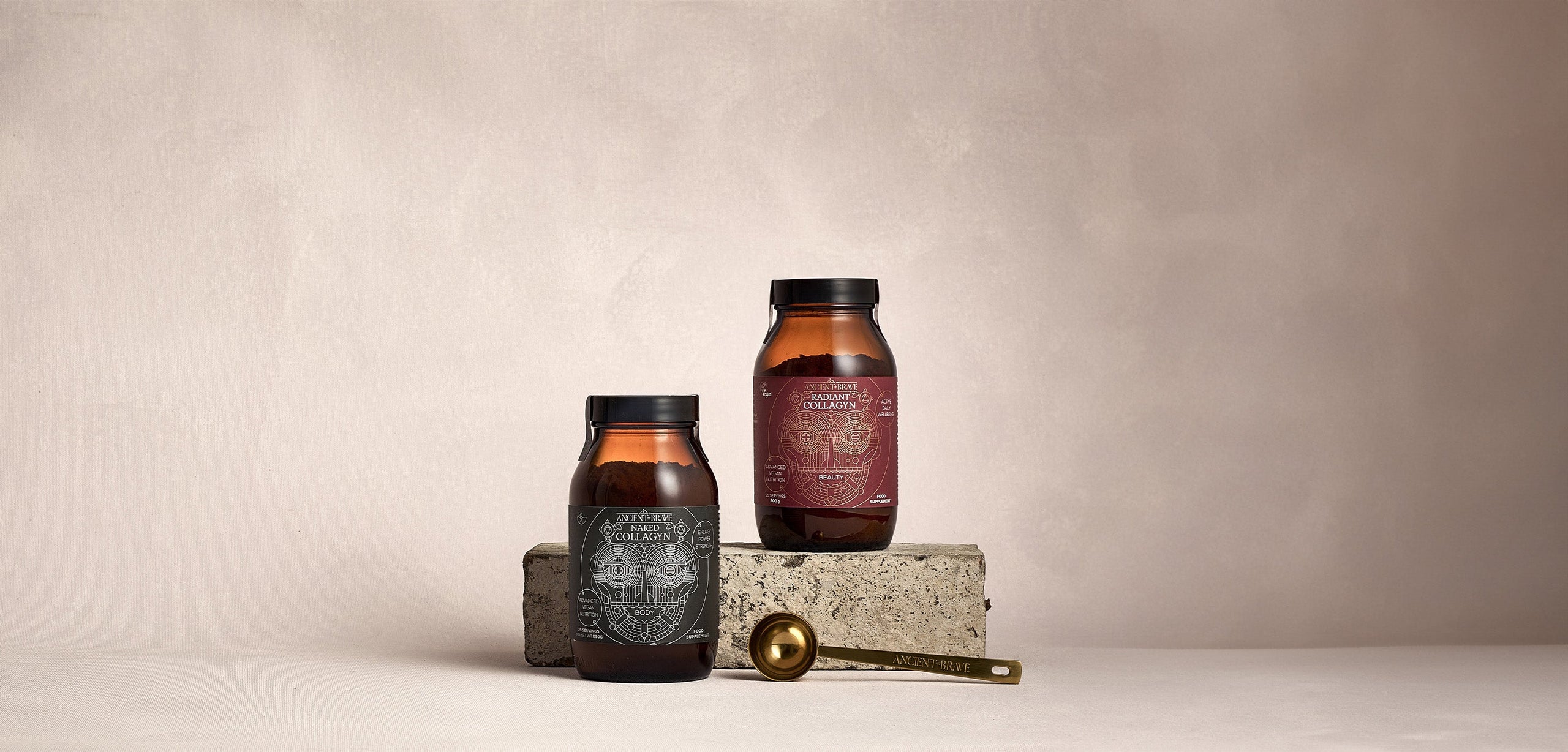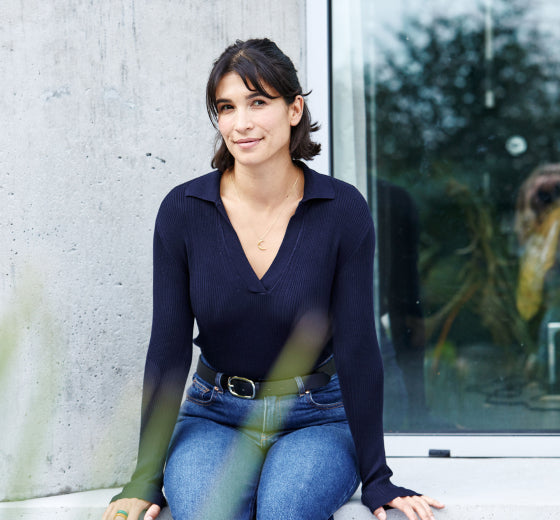
Trying Veganuary? A Nutritionist’s Guide on What NOT To Do
7 Min read
January is here, and for many, the challenge to complete ‘Veganuary’ and eat a plant-based diet has arrived along with it. It would be easy to think with the abundance of plant-based products now on the supermarket shelves that going vegan is a simple switch, however it is worth noting that if not done well, it’s possible for a vegan diet to fall short in key nutrients we need for our body to function.
Regardless of whether you want to try on veganism or not, from a purely nutritional perspective, increasing your intake of healthy, whole, plant-based foods is a fantastic idea. However, people often mistake being vegan as a quick route to a healthy diet, and although some people thrive eating certain ways, others simply don’t. It is just as easy to eat a highly processed and refined sugar-heavy vegan diet as it is to eat one which includes animal products. The crux to this is that a vegan diet requires thought and careful planning to make sure we’re not missing important nutrients.
To help you avoid the potential pitfalls, read on to find out what you need to keep in mind when doing your plant-based food shop.
Watch out for vegan junk food.
Just because it has a vegan or plant-based label doesn’t automatically make it healthy. Many plant derived yet highly processed foods are not what the vegan diet should be based upon. Some vegan alternatives to animal based foods such as meat substitutes, have completely different nutritional profiles because the aim is to replicate the taste and texture of the food, not the nutrition. Check the labels (there are some healthier choices out there) and instead think about going back to basics and build your diet around wholefoods such as vegetables, grains, fruits, legumes, nuts and beans and use vegan processed foods with high quality ingredients.
The protein conundrum
Let’s remember that protein is essential for virtually every one of your cellular functions - it’s good to think about amino acids (the building blocks of protein) as the ‘working molecules’ we need to live.
The reason people following a vegan diet need to think about their protein intake is that many plant-based foods aren’t classed as complete proteins, and are notoriously low in some key amino acids such as leucine, lysine and methionine. On top of this, protein isn’t quite as concentrated in plants compared to animal based sources, as it comes packaged with other nutrients, for example beans which contain protein + carbohydrates, so you may need more of it per portion.
There’s a few exceptions to the rule; quinoa, tofu, buckwheat, amaranth and hemp are considered complete plant proteins so should be a regular feature in your diet. Plant proteins, whether or not they are incomplete, still have extremely valuable nutrients beyond amino acids however. You can manage to get enough of each essential amino acid throughout the day by eating a varied and considered diet, combining proteins from different sources. Thinking about adding a bit extra here and there is a good trick, try sprinkle a handful of toasted pine nuts over your salad or pasta or add a can of beans into your soup or a scoop of vegan collagyn to your smoothie.

B12
Without proper consideration, there's a potential to run the risk of becoming low in vitamin B12 when on a vegan diet. This is unlikely to happen if you are only following Veganuary however, as our body has the capacity to store B12 well (as long as your levels were optimal before you started of course). If you decide to extend your plant-based lifestyle past a month though you need to pay attention.
This key vitamin is needed to form red blood cells and DNA and is also a key player in the function and development of brain and nerve cells - without it, you will feel exhausted and weak. The vitamin itself is not made by animals, rather by a bacterium. However we find it in dietary form through animal products such as meat, eggs and fish.
When following a plant-based diet you can focus on fortified foods including dairy alternatives, yeast extract and nutritional yeast. It may also be worth supplementing with a high quality sublingual B12 for insurance.
Iron
Another blood building nutrient which we find in abundance in animal products. This doesn’t mean to say plants don’t contain iron too though! Plant-based iron is called non-heme iron, which is less absorbable by the body. This means paying extra attention to this nutrient is key. When we combine plant iron with vitamin C, it maximises the absorption rate - think squeezing lemon juice onto your spinach or adding red pepper on top of your bean chilli.
Zinc
Similar to vitamin B12, vegan and vegetarian diets can result in low zinc status. There are many plants which include zinc however, such as chickpeas, lentils, walnuts, chia seeds, flax and pumpkin seeds. However, it is theorised that the problem in the case of zinc deficiency is that you are eating more plant foods containing phytic acid (an anti-nutrient) which binds to minerals like zinc and prevents the body from absorbing it.
A way around this is to prep your food for maximum digestion. There are several preparation methods that can significantly reduce the phytic acid content of foods such as fermentation, soaking or sprouting.
Iodine
In a 2020 study following participants on a plant-based diet, iodine levels were dangerously low for around ⅓ of the group. This essential nutrient cannot be made by the body so must be obtained through our diet and this nutrient is often found in animal and ocean-based products. The thyroid gland which regulates metabolism, hormonal balance, and impacts the function of the heart, muscles, your digestive system, and bone maintenance, depends on a good supply of iodine from the diet.
The plant foods which contain iodine include green beans, courgette, watercress, wholegrains and organic potatoes, however the levels are on the low side and can be variable depending on how much iodine is in the soil.
Sea vegetables and seaweeds on the other hand can be an excellent source of iodine as well as many other trace minerals such as calcium, copper and magnesium. The challenge and irony with iodine is that not too much and not too little is the secret – just right is how it has to be, so it’s important not to go overboard on these foods as again, they contain variable (yet high) amounts.
For most people, a regular use of small amounts of powdered or crumbled seaweed added to smoothies, drinks, soups, salads, noodle dishes or used in a salt shaker as a seasoning, is an excellent way to ensure a good iodine intake.
Choline
An often overlooked nutrient, but an incredibly important one is choline. Essential for brain health, particularly during pregnancy for growing babies, and also necessary for proper liver function, Choline is produced by our bodies naturally but the amount produced is not enough to meet its needs so we must obtain this nutrient from diet. We usually find choline in animal foods such as beef, eggs and dairy products. Smaller amounts are also found in plant foods such as walnuts, soy, quinoa, beans and cruciferous vegetables like broccoli.

Upping your nutrition
From just the short list above, you can see how many nutrients need careful attention when following a diet which restricts certain food groups. On top of this, the vegan diet can also often be lacking in calcium, omega 3 and selenium. It’s not impossible to get these nutrients through food, but it does take a well balanced, nutrient rich diet to do so - which is why some vegans choose to supplement alongside their diet to ensure they’re bridging any gaps.
Putting the focus too heavily on what you are avoiding rather than placing your attention about what you can and should be including can be the issue. Researching and learning about what is included in a healthy plant-based diet is step one. Step 2 is to get some great vegan cookbooks or follow some vegan nutritionists for inspiration in the kitchen. Finally, use whole-food plant alternatives in your favourite meals such as green lentils in your shepherds pie.
Our collagen formulas
To give you a helping hand, our collagen formulas can make a great daily addition to your Veganuary. Featuring collagen specific amino acids and protein (tick) to give your body what it needs to build its own collagen. You can also find your RDA of iodine from seaweed within the formulas and you’ll also find choline, Vitamin D3 and Vitamin C. Packed with impactful botanicals and prebiotic fibre to optimise your gut health, these formulas are designed to support your plant-based journey in the most nourishing sense.






